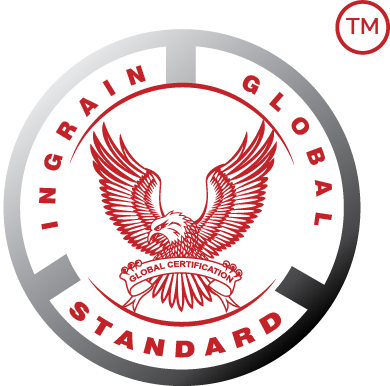Email us at : [email protected] / [email protected]
Call us for any questions : +91 98942 63543 / +91 98942 09907
-
D 127 Rajam Road, TVS Nagar,
Madurai, Tamil Nadu 625 003 -
Mon - Sat 09.30 - 06.30
Sunday Closed
HALAL
Halal certification is a process by which a certifying body, typically recognized by a Muslim authority or organization, verifies that products or services comply with Islamic dietary laws and are permissible for consumption or use according to Islamic principles. The term "halal" refers to what is lawful or permissible in Islam, while its opposite, "haram," refers to what is forbidden.
The certification process involves rigorous inspection and assessment of the production, processing, and handling of goods to ensure they adhere to Islamic requirements. This includes verifying the sources of ingredients, the methods of preparation, and the cleanliness of facilities to ensure compliance with Islamic dietary laws.
Benefits
Market Access: Obtaining halal certification enables businesses to access Muslim-majority markets where consumers actively seek halal-certified products. This includes not only food and beverages but also cosmetics, pharmaceuticals, and other consumer goods.
Consumer Confidence: Halal certification provides assurance to Muslim consumers that the products they purchase comply with their religious beliefs and dietary restrictions. This builds trust and loyalty among Muslim consumers, leading to increased sales and brand reputation.
Global Reach: With the growing Muslim population worldwide and increasing awareness of halal products among non-Muslim consumers, halal certification can facilitate market expansion beyond traditional Muslim markets.
Compliance: Halal certification ensures that businesses comply with Islamic dietary laws and ethical standards, demonstrating corporate responsibility and respect for cultural diversity.
Competitive Advantage: In markets with significant Muslim populations or where halal products are in demand, having halal certification can give businesses a competitive edge over non-certified competitors.
Ethical Considerations: Halal certification encompasses not only the dietary aspects but also ethical considerations such as animal welfare and environmental sustainability, aligning with broader consumer trends toward ethical consumption.
Halal certification offers businesses the opportunity to tap into a growing market segment, build consumer trust, and demonstrate their commitment to meeting religious and ethical standards.

